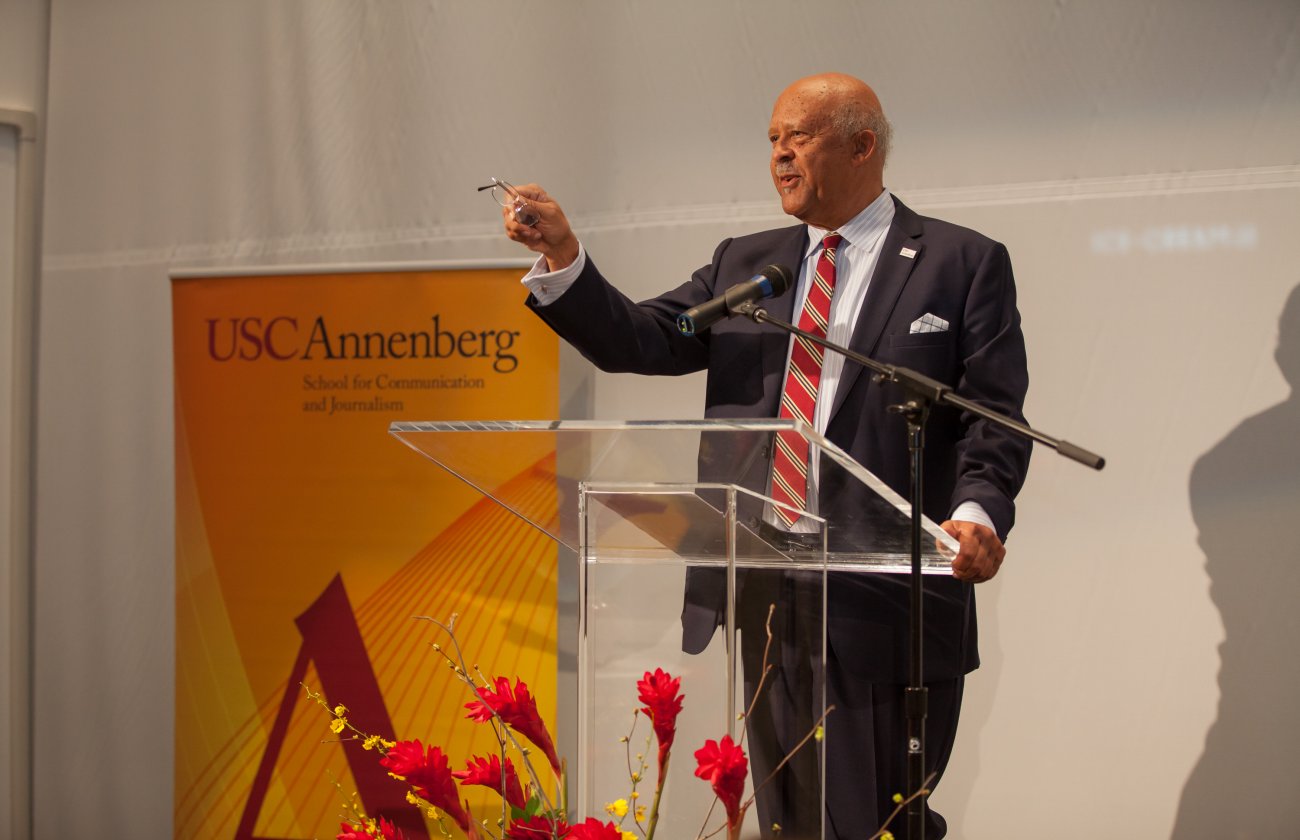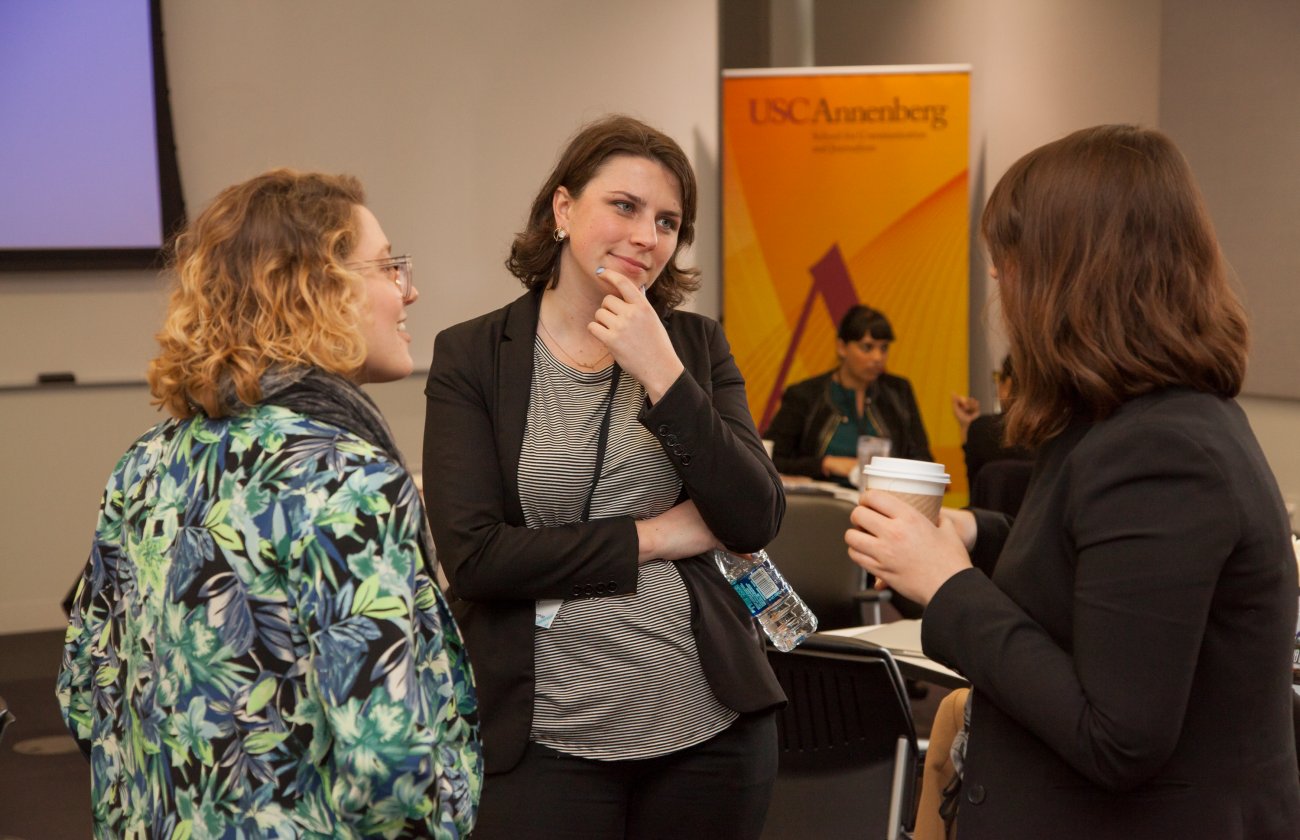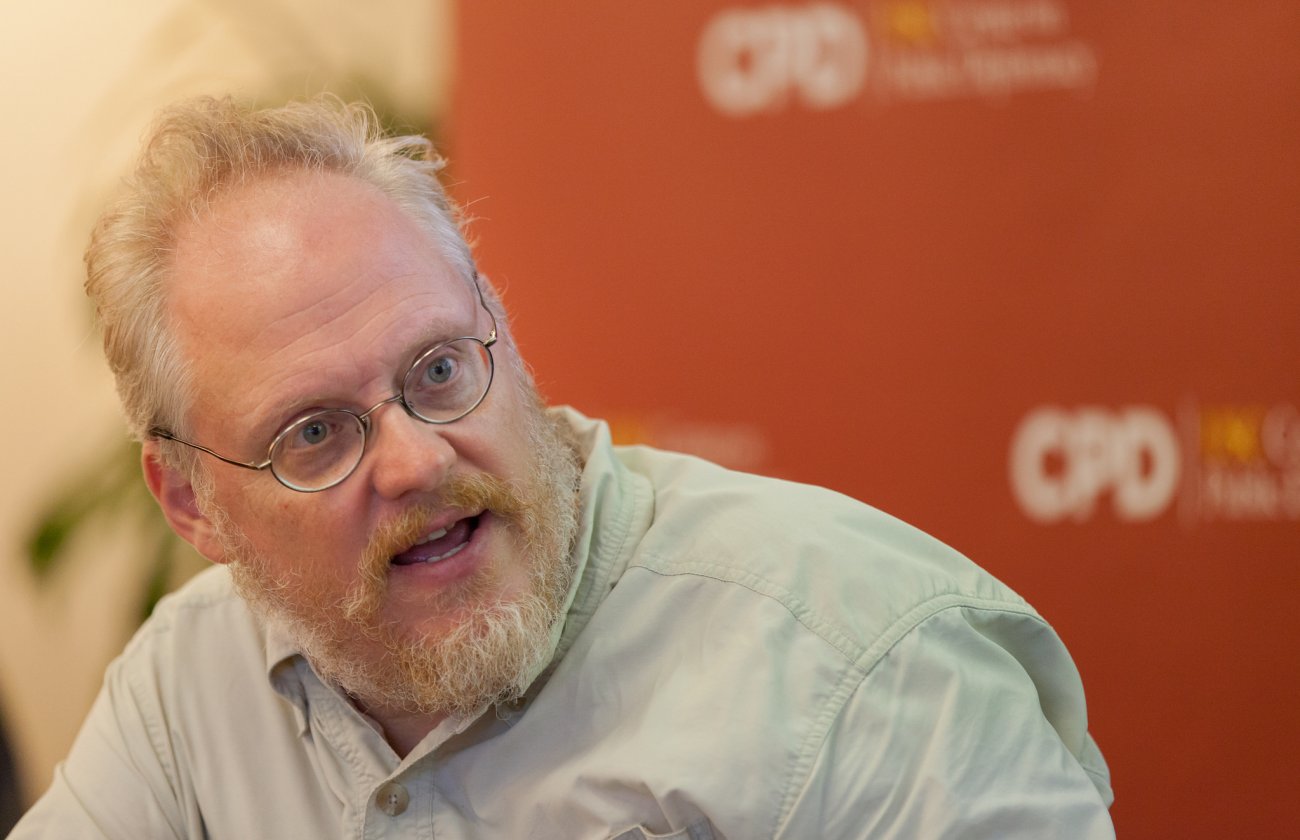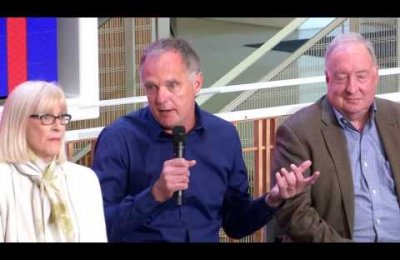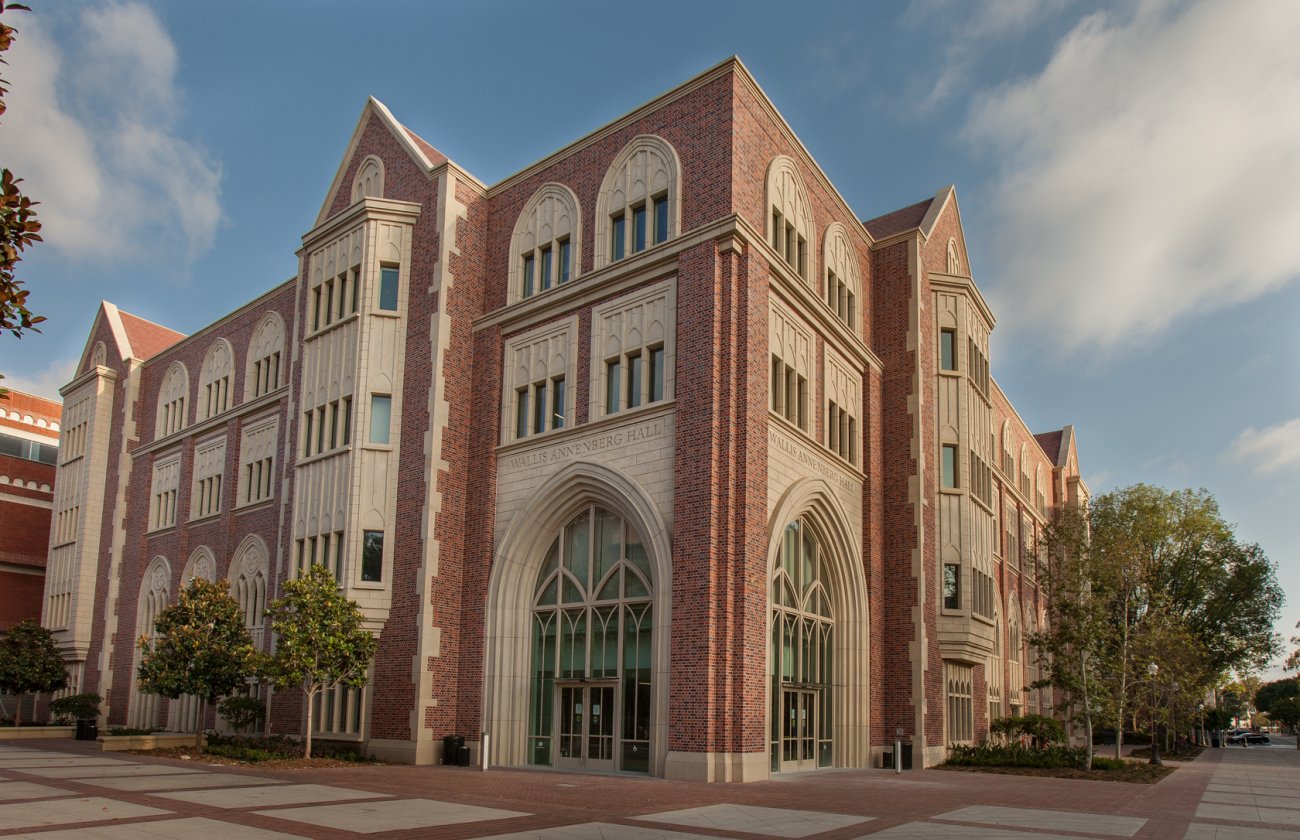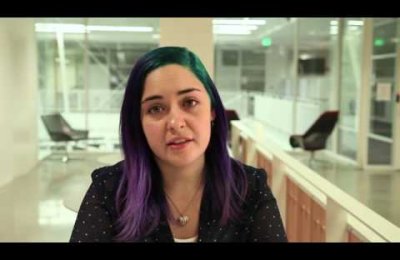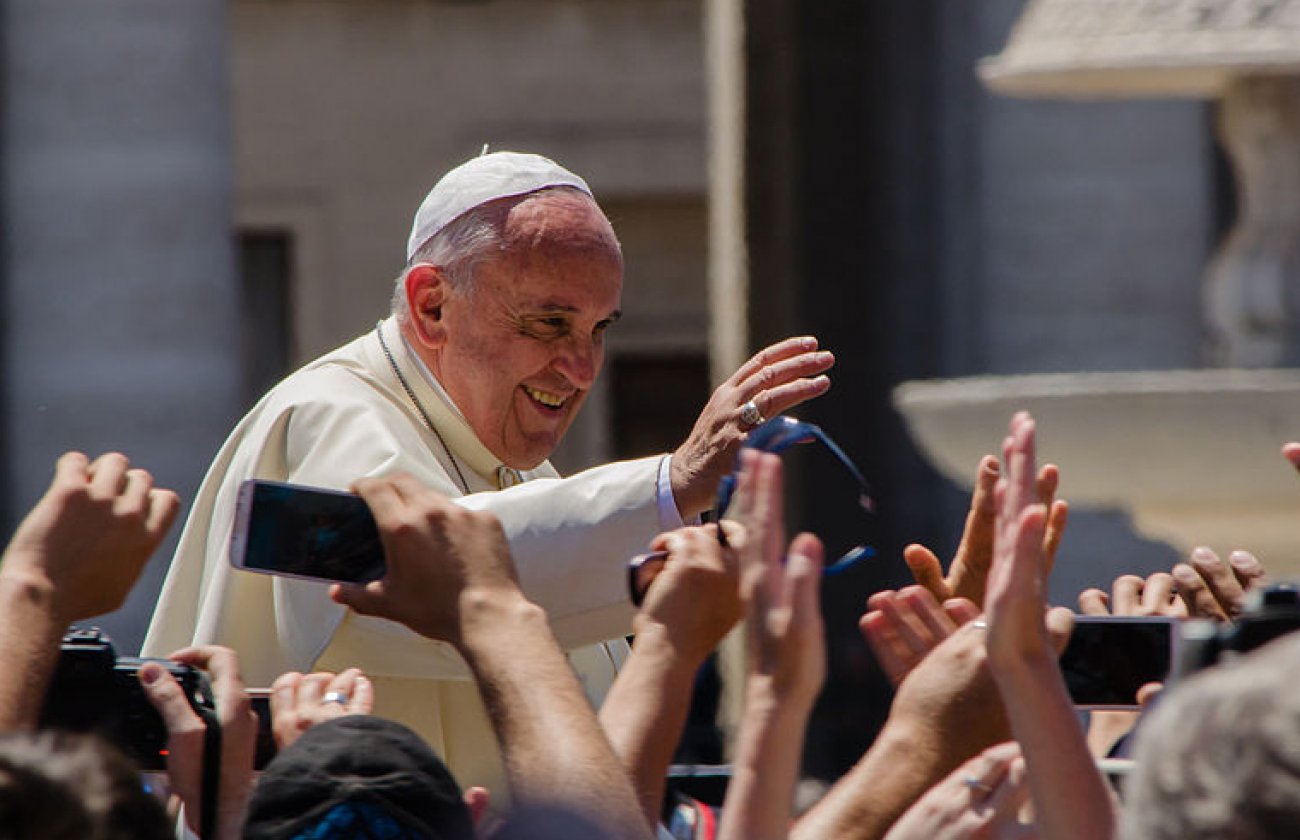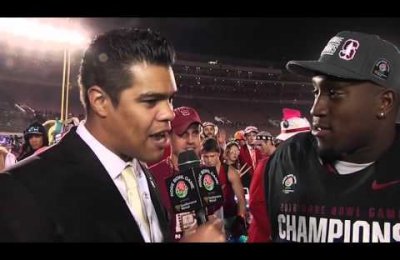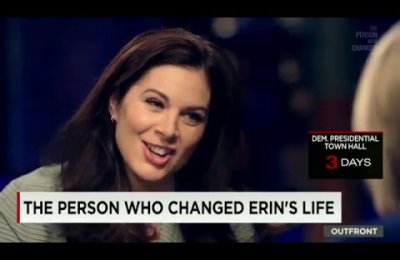By Alex Reed
When Daniel Ellsberg released the infamous Pentagon Papers, detailing the United States’ political and military involvement in Vietnam, in 1971, he was the first American to be indicted under the Espionage Act for non-spy related activity. He has since been labeled a whistleblower.
On Tuesday night, Ellsberg and fellow whistleblowers Jesselyn Radack and Thomas Drake spoke on a panel moderated by USC Annenberg Professor Robert Scheer about the importance of unveiling government wrongdoing.
“This is a conversation about what I consider to be one of the most important issues in the country and the world today,” said USC Annenberg Professor Geoffrey Cowan while introducing the panel to a packed auditorium of students and faculty.
The panel was part of a two-day stop at USC Annenberg on the Government Accountability Project’s American Whistleblower Tour, which aims to educate people on the “phenomenon and practice of whistleblowing.”
Radack, who is a national security and human rights attorney for GAP, came to be known as a whistleblower after revealing an ethics violation made by the Federal Bureau of Investigation in the interrogation of American Taliban Member John Walker Lindh.
As an ethics adviser for the Department of Justice at the time, Radack advised the FBI against the immediate interrogation of Lindh without a lawyer present. Radack’s advice was concealed during Lindh’s trial and Radack was later investigated for copying and leaking the emails about the Lindh interrogation to the press.
After a lengthy battle with the Department of Justice, Radack decided to dedicate her life to defending whistleblowers.
She and Drake were also quick to point out that the terms “whistleblower” and “leaker,” often used synonymously when referring to the release classified information, have very different meanings.
“[Radack] recognized the absolutely crucial distinction between leaking, which is not in the public interest, and whistleblowing, which is,” said Drake.
This distinction, made by Radack in a 2010 Op-Ed for the Los Angeles Times, was what convinced Drake that Radack and GAP should represent him when he was indicted under the Espionage Act in 2010 for allegedly mishandling classified documents surrounding a costly National Security Agency program.
Drake was the second person, after Ellsberg, to be indicted for non-spy related activity under the Espionage Act, and the first under the Obama Administration. Radack had assumed that Drake’s case was isolated, however, under the Obama Administration, eight people have been charged with espionage for mishandling information that the government deemed classified.
“The government is deliberately going after targeted individuals, like they targeted me, to send a much larger message to anyone else that might dare come forward,” said Drake. “They’re shutting down the free flow of information that informs the public of what’s going on.”
After Ellsberg and Drake’s cases, it has grown more difficult and dangerous for whistleblowers to get information to the public.
“My view is that it speaks volume that the only safe way to blow the whistle right now if you’re in National Security or Intelligence and know that level of information, the only safe way is to blow the whistle from another country,” said Radack, in reference to her client Edward Snowden, who released thousands of classified government documents last year to journalists he met with in Hong Kong.
However, the panelists all agreed that the government’s crackdown on whistleblowing reveals an even greater need for people willing to expose the truth in the public interest.
“We need more oversight, we need the independent presses and we need whistleblowers,” said Ellsberg.
He added that one way this can happen is if we change how whistleblowers are viewed by the public.
In reference to the title of the event, “Patriot or Traitor? Whistleblowing and Journalism in the Age of Government Surveillance,” Ellsberg said that “not many people would like the opportunity to defend themselves against being a traitor.”
Ellsberg, who said that he identifies with Edward Snowden and Chelsea Manning, has never viewed whistleblowing as traitorous.
Radack added that all journalists should use encryption in order to protect their sources, no matter the level of secrecy, but she does hope that, with the help of whistleblowers, we can still “reign in the national security surveillance state.”
“I still believe that we can recover our democracy from the police state that it’s becoming,” said Radack.
(Photo by Gus Ruelas)

